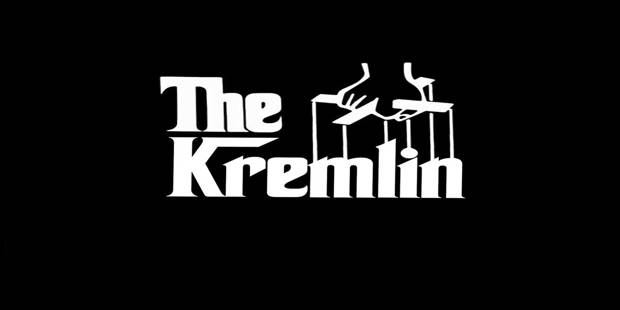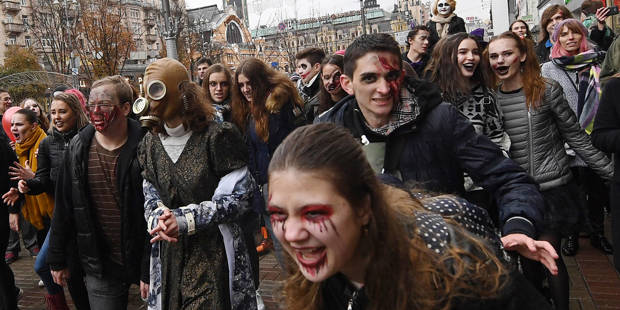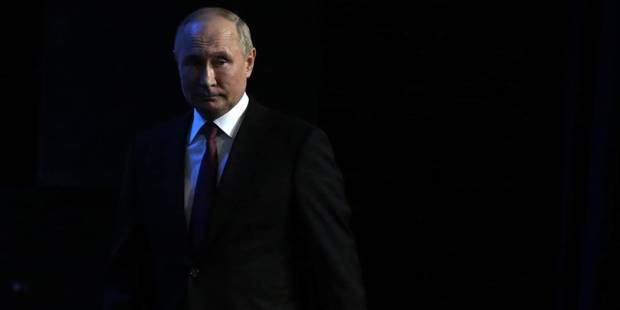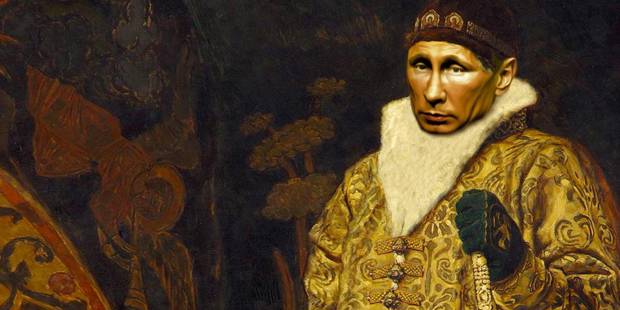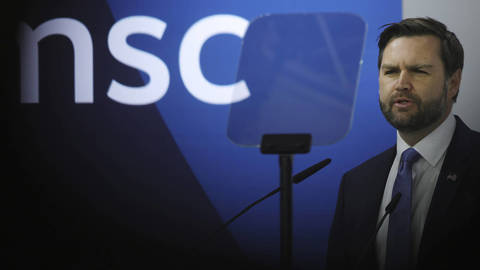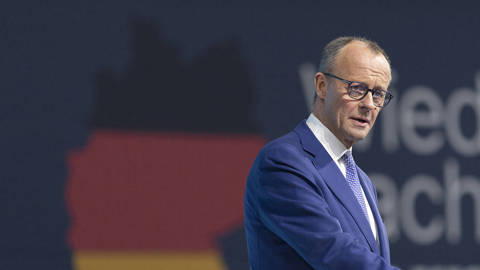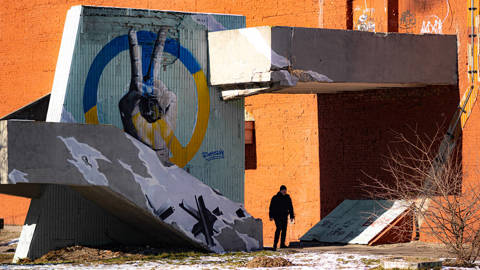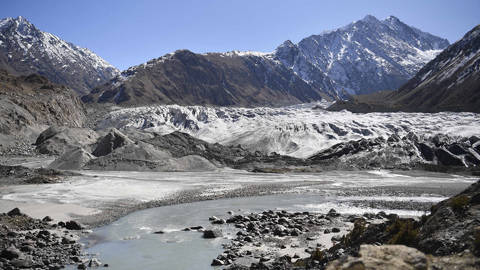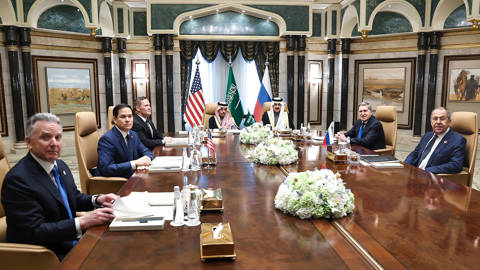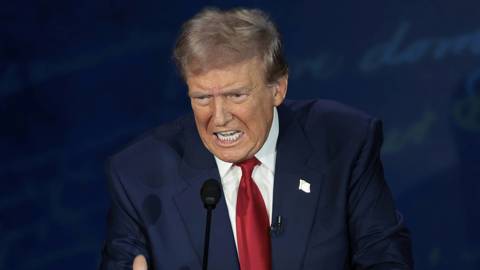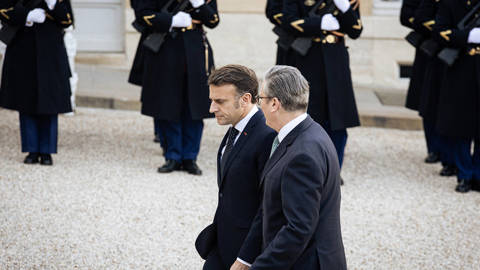Russia’s Neo-Feudal Capitalism
Back in 2007, Andreas Åslund claimed that “Russia has established a normal market economy based on predominantly private enterprise,” assured that “Russia is swiftly becoming a middle class society”, and anticipated the instability of Putin’s authoritarianism (A. Åslund, Russia's Capitalist Revolution: Why Market Reform Succeeded and Democracy Failed, 2007, p 301, 305). It is an important sign that now this economist speaks of “Russia’s neo-feudalism.” Differently from Åslund, those, like Vladimir Sorokin and myself, who had lived in this “normal market economy,” used medieval allusions as a way to raise public awareness of the increasing danger of Putinism in 2006 - 2007. Åslund’s current
adaptation of this theme is problematic for several reasons:
- “Crony capitalism” is not “a deliberate effort to emulate the success of Russia’s ancient feudal system.” Not to mention the much criticized thesis of Richard Pipes, one can hardly accept Aslund’s suggestion that Putin clique’s thievery was based on a historical analysis of Russia’s feudal past;
- Neo-medievalism -- a cultural and aesthetic system, which uses medieval references to deny basic values of democracy by dehumanizing citizens,
and not “neo-feudalism” -- the repetition of feudalism as an economic system in the XXI century -- conditions superficial resemblance between Putin’s Russia and the Middle Ages. The formation of social relations modeled on criminal organization with strong elements of a caste system, and the reconsideration of the concept of citizenship determines the novelty of Putin’s regime. (D. Khapaeva, http://www.sciencedirect.com/science/article/pii/S0967067X15000665).
- The missing link in Åslund’s argument is the successful advocacy by Alexander Dugin and Mikhail Yuriev, the leaders of the Eurazia movement for the “New Middle Ages,” the “society of orders” and an autocratic monarchy, which has been gaining support in the post-Soviet society since the mid-2000s. Rooted directly in fascism (T. Snyder,
https://www.nytimes.com/2016/09/21/opinion/how-a-russian-fascist-is-meddling-in-americas-election.html?smid=fb-share&_r=1), and not in any remote historical past, it drives post-Soviet social change.
